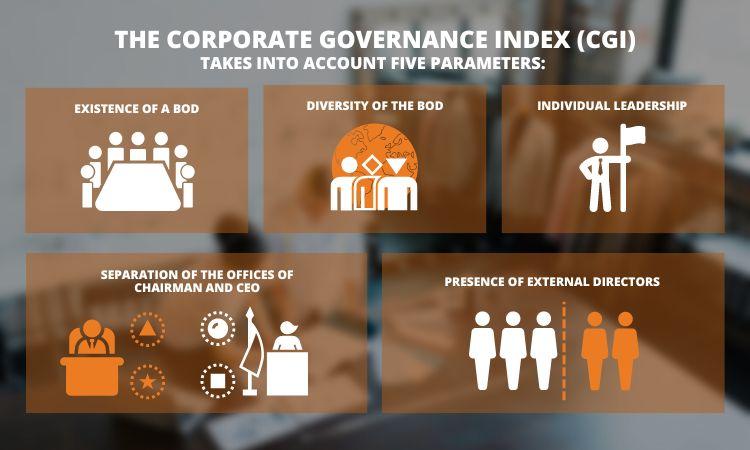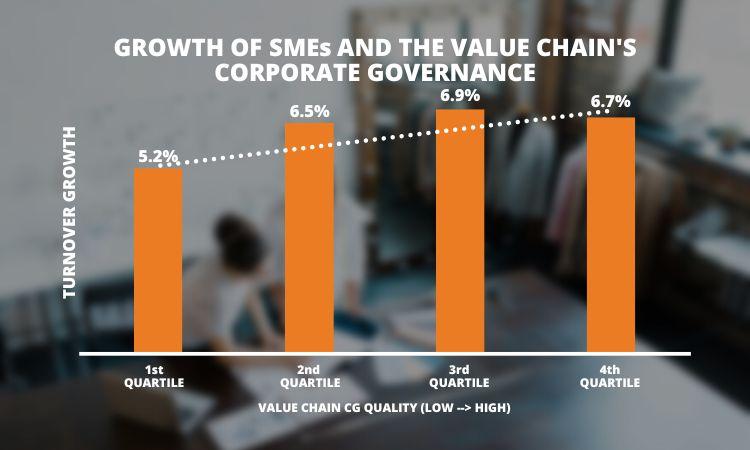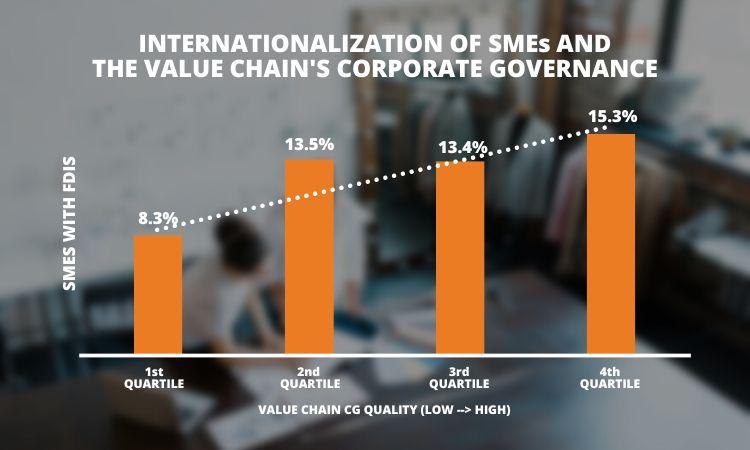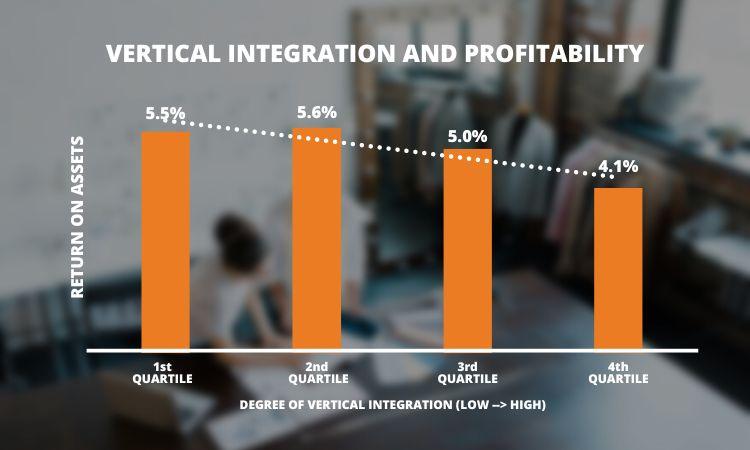
Supply Chain as a Team: Good Governance in Larger Companies Makes Smaller Ones Grow Too
The 2023 Report of the SDA Bocconi School of Management Corporate Governance Lab coordinated by Alessandro Minichilli in partnership wih PwC TLS, Banca Generali and Nuo, and co-authored by Valentino D'Angelo and Daniela Montemerlo presents the results of a very extensive study of manufacturing supply chains in Italy. It is the first of its kind, conducted by analyzing not only larger companies over 50 million euros, but also data on more than 17,000 SMEs, defined as companies between 10 and 50 million in turnover.
Infographic by Weiwei Chen
The study sheds light on the fact that there is a kind of positive emulation of larger companies by smaller ones: a 1-point increase in the Corporate Governance Index (CGI) of larger companies is followed by a 0.13-point increase in the CGI of smaller companies in the same supply chain. More importantly, if large enterprises in a supply chain improve their governance by 1 point, SMEs in the same supply chain have 2 percentage points faster economic growth, invest more abroad and in more countries. Furthermore, SMEs with good governance in their own right grow faster even if large enterprises in their supply chain have poor governance.


"These effects are much stronger if the SMEs, in addition to belonging to the same supply chain as the larger companies, are also located in the same territory," Minichilli adds, explaining that "Supply chains are under pressure because global networks are in crisis and because of various other factors. The role of large companies vis-à-vis SMEs needs to be investigated, beyond the fact that innovations start from large companies and pass on to smaller ones. This study makes it possible to confirm once again the fundamental importance of modern governance in relation to economic performance."
Considering Italian firms with more than 50 million in turnover, data analysis also made it possible to show that (industry and other features being equal) those who outsource an additional 10 percent of production costs to external suppliers achieve 0.35 more points of ROA [Return On Assets]. This does not mean that a firm that is unwilling or unable to outsource should accept a poorer performance, because a similar increase in profitability can be achieved through better governance. In fact, numbers prove that, other variables being equal, firms' performance is on average 0.31 points higher in ROA for every additional point of CGI. Probably not coincidentally, in fact, the most vertically integrated firms, that is, those that have outsourced the least, have on average better governance.